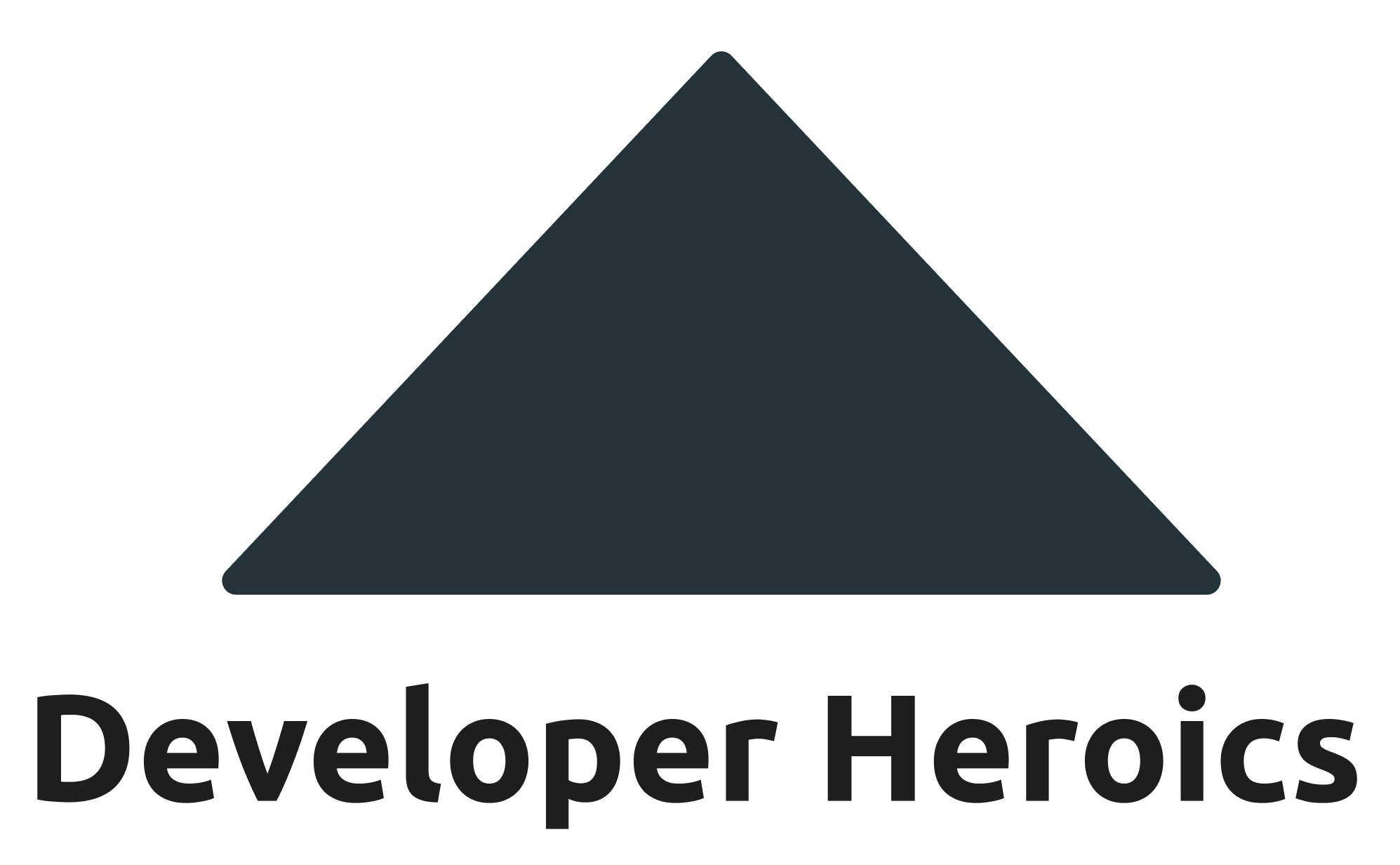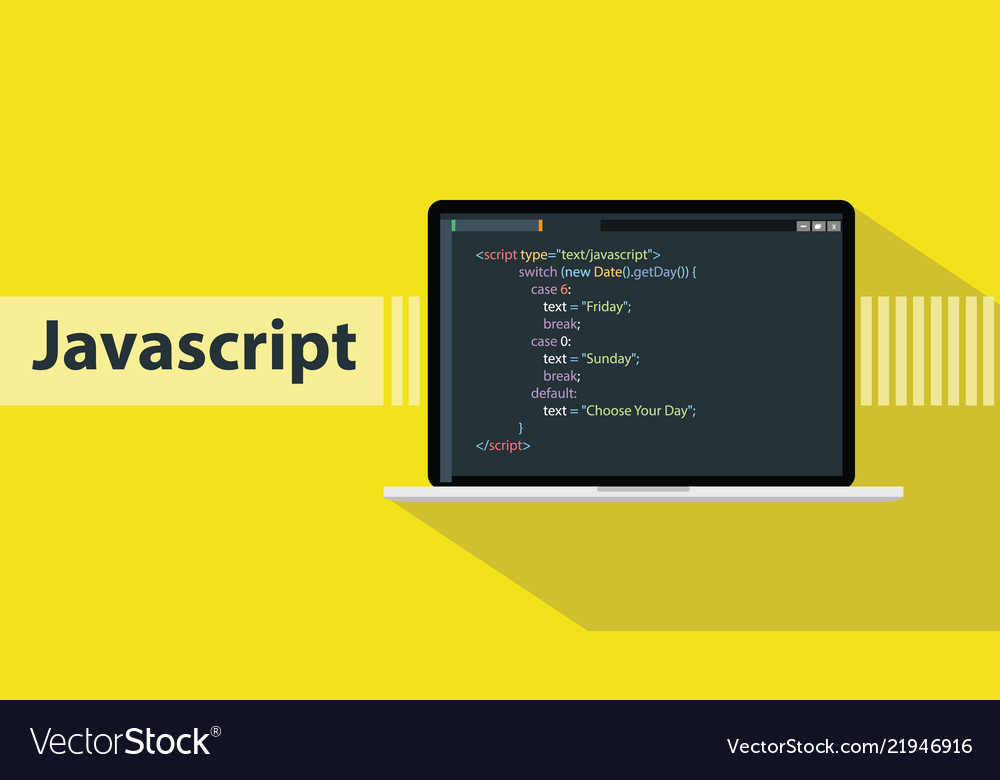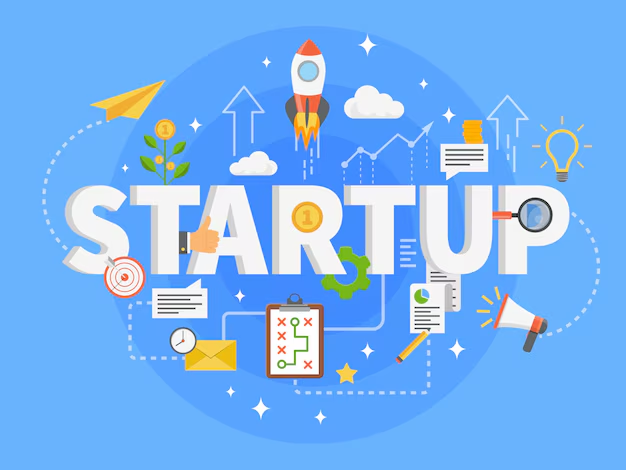JavaScript (JS) remains the undisputed king of web development. The best way to learn JavaScript can be debated; however, this is our best attempt at creating an “easy” guide. If you don’t already know what JavaScript is, I don’t know how you landed on this page, but I would suggest becoming familiar with the concept prior to reading this guide. If you’re looking to break into web development or expand your programming skillset, learning JavaScript in 2024 is an excellent investment, and in my humble opinion the BEST way to break into the market.
This guide will equip you with a roadmap for helping you learn JavaScript, taking a look at the best resources available in 2024 and beyond.
Why Learn JavaScript in 2024?
The reasons to learn JavaScript are numerous:
- Ubiquity: Over 90% of websites use JS in some form. Learning JS opens doors to a vast pool of web development opportunities. Without JavaScript, the internet would look much different today.
- Versatility: Unlike most programming languages like C# or Python, JavaScript can be used in both the front and back end when developing applications.
- Career Prospects: Web developers with strong JS skills are in high demand. According to Indeed, JavaScript developer is a consistently high-paying job title.
- Evolving Landscape: JS is constantly growing, with new features and frameworks emerging regularly. In fact, frontend frameworks are released at an extremely high cadence. Learning JS puts you in a really good position to pivot and learn new technologies as you grow in your career.
Your Learning Journey
Everybody learns differently. In fact, when I was trying to get my first programming job, I used a mix of ALL of the resources I will provide below. I will not include any resources that I do not have experience with.
- Structured Courses: Platforms like Coursera, edX, and Udemy offer comprehensive JavaScript courses with a defined curriculum, video lectures, and quizzes. These courses provide a solid foundation and are ideal for learners who thrive in a structured environment.
- Interactive Learning: Websites like Codecademy and FreeCodeCamp offer interactive coding challenges and projects that make you learn by doing. This is the best approach for folks that want to learn by practicing.
- Books and Tutorials: Classic resources like “Eloquent JavaScript” and online tutorials offer in-depth explanations of concepts. It would be best to pair these resources with hands-on practice for a more well-rounded understanding. I can’t imagine a scenario where one could simply read these books and fully grasp concepts without practice.
- YouTube Channels: Channels like Traversy Media and The Net Ninja offer tutorials that cater to a variety of learning styles. These channels are a great way to learn at your own pace and visually grasp concepts. They do a great job of dropping a concept, going in-depth, and then circling back to provide a full-circle understanding.
Top Resources We Recommend to Learn JavaScript in 2024
Here’s a list of resources I have used and found beneficial:
- Free Online Courses:
- FreeCodeCamp [FreeCodeCamp JavaScript Course] comprehensive introduction with video lectures, coding challenges, and projects. FreeCodeCamp also has a large community behind it and offers forums to collaborate with other engineers.
- Khan Academy: [Khan Academy JavaScript Course] beginner-friendly introduction to core JavaScript concepts. Though this is a full course, this is one I would recommend to supplement with reading or additional videos.
- The Odin Project: [The Odin Project JavaScript] project-based approach with a strong focus on real-world application. This project has over 5,000 contributors and a lot of those folks are people who used the program to get jobs before.
- Interactive Learning Platforms:
- Codecademy: [Codecademy Learn JavaScript] has interactive lessons with gamified elements to keep you engaged. They also offer a mobile app that is meant to practice and reinforce subjects.
- Scrimba: [Scrimba platform] has interactive lessons with an IDE in the browser to help you learn. In my opinion, this was the best resource I will provide and the one I used the most when trying to land my first programming job.
- Books:
- Eloquent JavaScript: [Eloquent JavaScript Book] is a highly-rated book that is available online.
- Head First JavaScript Programming: [Head First JavaScript Book] uses a visual and interactive approach to make learning JS engaging.
- Secrets of the JavaScript Ninja: [Secrets of the JavaScript Ninja Book] dives deeper into advanced JS techniques for experienced programmers.
- YouTube Channels:
- Traversy Media: [Traversy Media YouTube Channel] Brad Traversy has been in the tutorial game for a long time, and if there is a video you want to watch to learn, he probably has a version available. He still comes out with new content all the time that is both easy to follow and very insightful.
- The Net Ninja: [The Net Ninja YouTube Channel] creates beginner-friendly tutorials that are easy to follow. My favorite set of learning materials is the NEXT.JS topics, which I frequently revisit when new versions are released.
- Frontend Masters: [Frontend Masters YouTube Channel] This channel is slightly smaller, but holds up very well quality-wise with the other creators I mentioned above.
Beyond the Basics
Once you grasp the fundamentals, it’s time to expand your skillset:
- Explore Frameworks and Libraries: Popular choices like React, Angular, and Vue.js build upon JS and offer streamlined development processes. Learning a framework can significantly boost your employability. The most frequently used framework is Next.JS (React) and has a large community behind it; however, Nuxt.JS (Vue) is taking large chunks of market share due to it’s separation of concern syntax. Angular is mostly used by larger organizations and is a good choice if you want to work for well established companies.
- Practice, Practice, Practice: The best way to solidify your learning is by building projects. Start with small, achievable projects and gradually increase complexity. If you go down the BootCamp route, you will most likely have project-based milestones to graduate. Those will be great resources to have for your future portfolio.
- Contribute to Open Source Projects: Participating in open-source projects allows you to learn from experienced developers and gain valuable real-world experience. You don’t have to be well-versed in any programming language to see what is wrong with a product and then take a stab at fixing it.
Now, get out there and code something amazing!
P.S. Thanks for reading, please continue checking out our content at https://www.developerheroics.com





